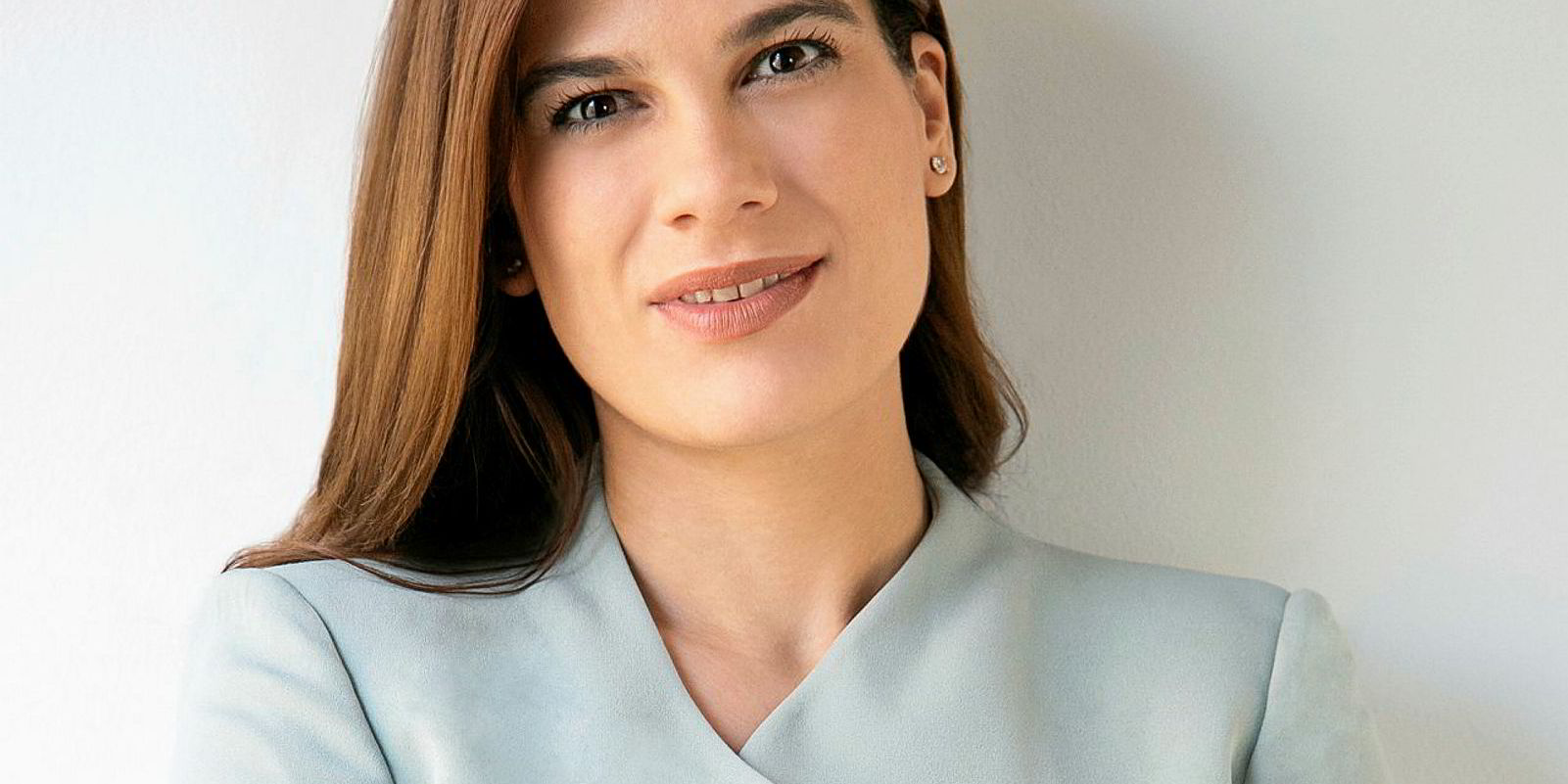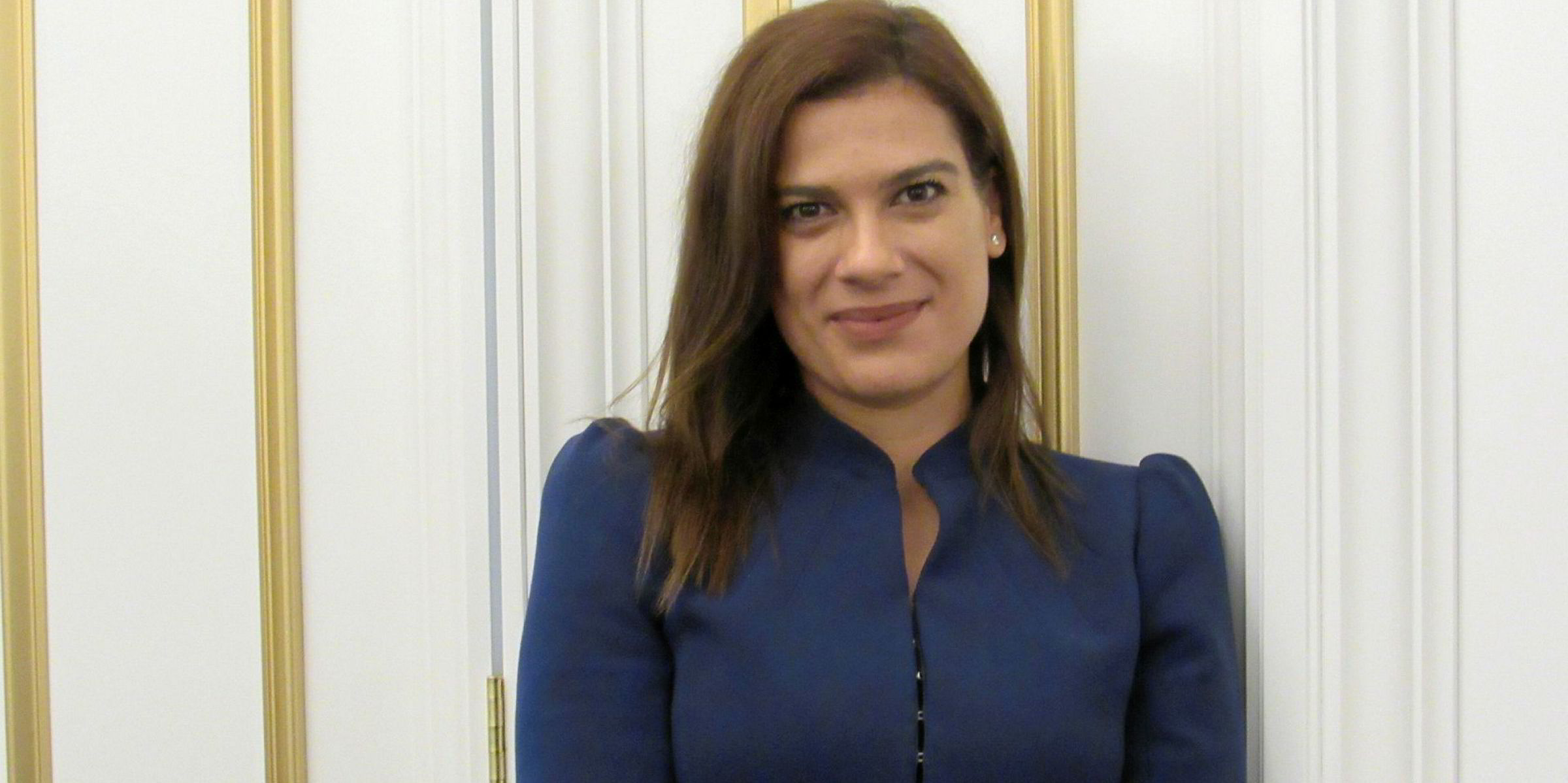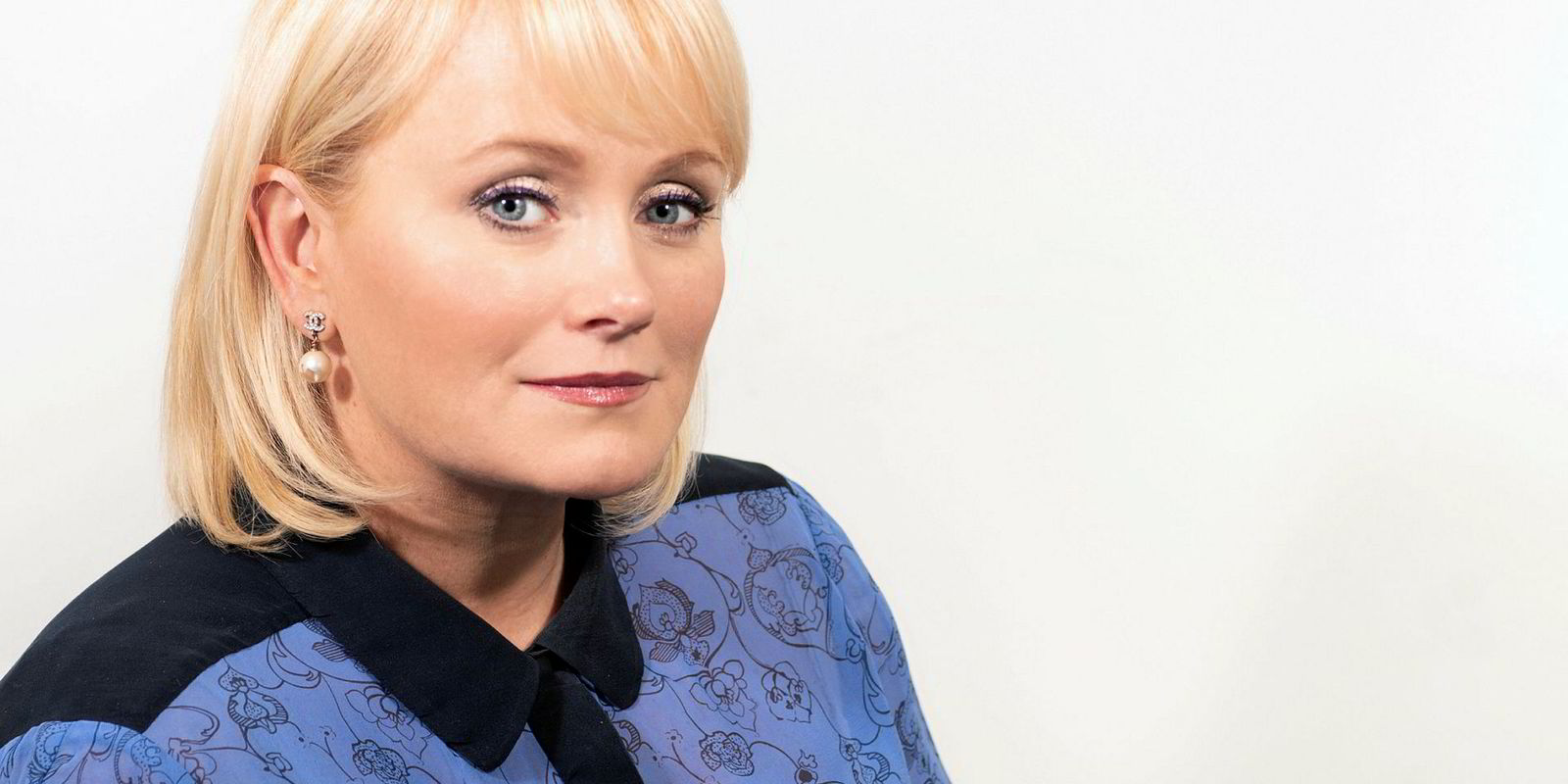It has only taken just over a year for Natasa Pilides to make her mark as a leading figure in Cyprus’ national strategy to promote its maritime industries.
Pilides was appointed deputy shipping minister in March 2018.
It was a new ministerial portfolio created to promote the sector, which has been identified by the government, along with tourism, as one of two growth industries as the country recovers from its 2013 financial crisis.
Setting up shop
Since then, Pilides and her team have been wooing companies from across the shipping services' spectrum to set up business in the country.
SSL Endeavour Insurance Brokers Ltd Cyprus & Greece, an offshoot of insurance broker SSL Endeavour, is one such company.
Non-executive chairman George Tsaviliris says he was impressed with Pilides' enthusiasm and how business-friendly the island had become.
“She’s a go-getter, for sure,” he tells TradeWinds.
I am very energetic and I hope that rubs off on other people
Natasa Pilides
Insurer Steamship Mutual was another that was recently persuaded by Pilides’ team to change tack and set up its post-Brexit European outpost in Cyprus, having originally decided on Rotterdam.
Pilides points to enthusiasm as one of the personal traits she brings to the job.
“I am very energetic and I hope that rubs off on other people,” she says. “Shipping is a really exciting sector, and I feel lucky to be a part of it and able to contribute to it.”
She certainly has all the right qualifications for the job.
As an Oxford University graduate, English is not a problem, while she also speaks French, Greek and Italian.
She is a qualified accountant, so understands the complexities of the shipping tax system.
And, perhaps most importantly, as a former director-general of Invest Cyprus, she knows how to market the country to businesses.
In 2018, we saw an 8% year-on-year growth in shipping revenue partly due to the increase in the number of companies and size of operators
Natasa Pilides
Tonnage tax
“We have a fast-growing cluster that encompasses the whole range of activities within the shipping industry," she says.
"The aim is to develop the cluster in a way that is sustainable and contributes to the economy."
Government statistics suggest her approach is paying off: about 40 companies have joined the Cyprus tonnage tax system since she was appointed.
A 10-year renewal of the Cyprus tonnage tax system is currently being negotiated with with the European Union. Once in place, she believes the long-term certainty it offers should attract more companies.
The shipmanagement sector has grown despite troubles in the German shipowning sector with which it is strongly associated.
“In 2018, we saw an 8% year-on-year growth in shipping revenue partly due to the increase in the number of companies and size of operators," she says.
We have a large workforce involved in shipping here in Cyprus and a lot of young people want to get into shipping — and what we want to do is encourage them
Natasa Pilides
"But, although it’s difficult to generalise, part of it is also attributable to the good performance of the companies themselves.”
Global reach
She says Cyprus has broadened its global reach, attracting companies from Asia and Scandinavia.
Cyprus has also identified that developing a skills base and maritime infrastructure is important to attract fresh business. The country now has its own maritime academy and it has started to attract maritime technology companies.
“We have a large workforce involved in shipping here in Cyprus and a lot of young people want to get into shipping — and what we want to do is encourage them,” she says.

The discovery of LNG in Cyprus’ Exclusive Economic Zone has led to the country to tender for a LNG terminal and floating storage regasification unit, and it is keen to develop the shipping infrastructure and know-how to service it.
A $40m maritime centre of excellence — to be funded by the EU, the government and local industry — is planned.
The shipping register had a reputation as being a European flag for older dry bulk tonnage. That is all changing, according to Pilides.
Tough competition
The Cyprus flag is on the white list of high-performing flag states for both the Paris and Tokyo MOUs on port state control. It is currently the 11th largest flag in the world and, this year, it has grown 2.1% to 23.1 million gt.
But competition for business among European flags is tough. Malta is Europe’s fastest-growing flag and has expanded 6% this year, while Madeira has also grown 3%.
Pilides points to the work Cyprus is doing in modernising the register and bringing it up to date with digital processes as the main marketing strategy. Online vessel and seafarer registration, certification verification and digital certification processes have been developed. A 24-hour, seven-days-a-week service network has also been set up.
“We are looking at how user-friendly the systems are and how easy it is to register a vessel, and that is the direction we want to move,” she says.








